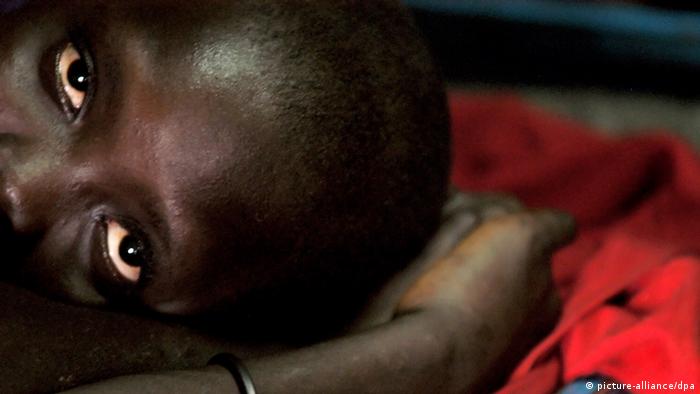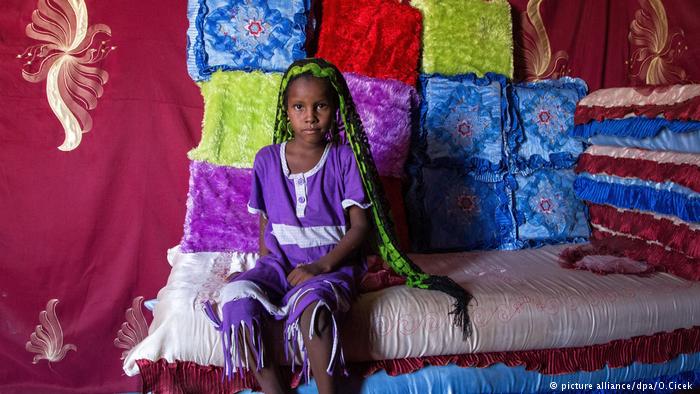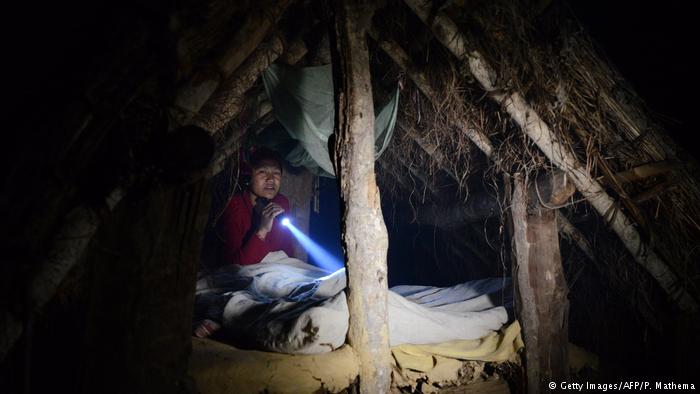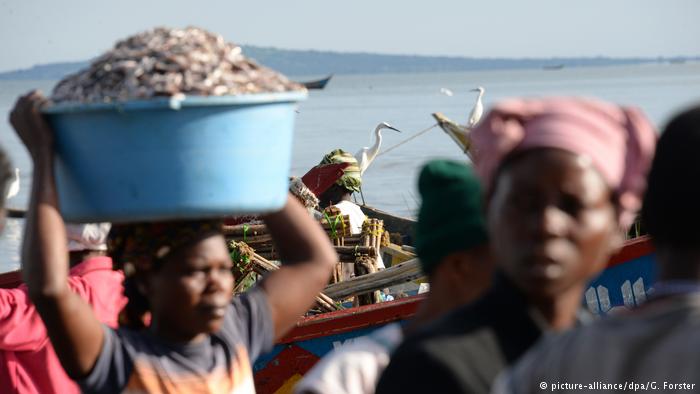Finding Kony
 Kony 2012 was an online video campaign that sought to create awareness and exert pressure on the international community to act against Joseph Kony, leader of the Ugandan Lord’s Resistance Army which is responsible for the longest running violent struggle in Central Africa. Kony 2012 succeeded in its campaign and in garnering international exposure for the victims of the struggle, but it is accused of portraying the African people as silent witnesses. Several women activists in Africa emphasize that the youth needs to know that Africa is there for them and perhaps this is exactly what will help the campaign against Kony succeed.
Kony 2012 was an online video campaign that sought to create awareness and exert pressure on the international community to act against Joseph Kony, leader of the Ugandan Lord’s Resistance Army which is responsible for the longest running violent struggle in Central Africa. Kony 2012 succeeded in its campaign and in garnering international exposure for the victims of the struggle, but it is accused of portraying the African people as silent witnesses. Several women activists in Africa emphasize that the youth needs to know that Africa is there for them and perhaps this is exactly what will help the campaign against Kony succeed.
“It is better if you kill us. We don’t want to stay,” says Jacob in Kony 2012, the online video that went viral last year. Jacob is a boy of around 13 years who was kidnapped by the rebel Lord’s Resistance Army. “You don’t want to stay on earth,” asks the interviewer. “How are we going to face our future,” Jacob retorts. He narrates the story of how his brother and he were captured by the rebels, how his brother was beheaded in front of his very eyes.
What is the LRA?
The LRA has been around for nearly 25 years. It originated under the leadership of Joseph Kony in northern Uganda and spread to South Sudan, the Democratic Republic of Congo and the Central African Republic. It is the group responsible for Africa’s longest running armed conflict, according to the LRA Crisis Tracker, which monitors the activities of the LRA.
The premise on which the LRA was founded is dubious. Kony proclaims to be the “prophet” who will liberate Africa from the hands of cruel governments. After having initially proclaimed that he would establish the rule of the 10 commandments, Kony’s army soon became a means to fulfil personal desires of his men.
Victims and perpetrators
In the years to follow, Kony’s men recruited nearly 70,000 children as soldiers into his army. Girls and women were captured and used as sex slaves. Kony himself is reported to have several wives, who among other things are also assumed to be part of the strange spiritual rituals that Kony presides over in his rebel camps.
In the past year after Kony 2012 sought to expose the rebel leader’s torturous ways, the African Union has sent several hundred troops to central Africa to find and bring Kony to book. Kony hasn’t been found yet and the scars remain. Children and women who were victims of Kony’s barbaric campaigns are still looking for hope for the future.
The power to change
Many women have lashed out at Kony2012, which, despite creating awareness has also been accused of “internet sensationalism.” In her blog, Spectra Speaks, African feminist activist Spectra speaks about several women activists, most of who are upset about the fact that awareness campaigns like Kony 2012 disregard local development efforts. Most importantly, they stress that young people in Uganda should know that their continent, their country and its neighbours are working hard to find Kony and render justice to the thousands who have suffered under the LRA.
African activist Rosebell Kagumire says, ““How you tell the stories of Africans is much more important that what the story is about, because if you are showing me as voiceless, as hopeless then you have no space for telling my story. You shouldn’t be telling my story if you don’t believe that I also have the power to change what is going on.”
Author: Manasi Gopalakrishnan
Editor: Arun Chowdhury






